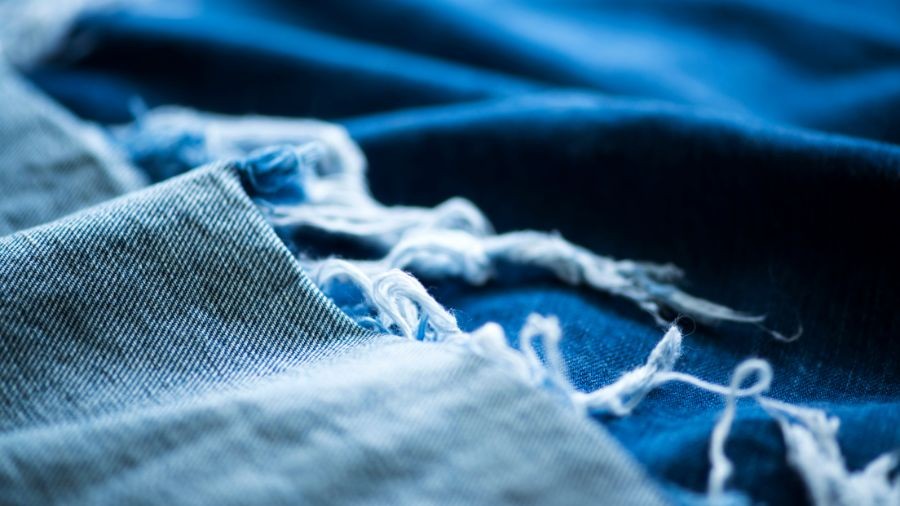Sustainable Evolution - Denim Fabric Shaping the Global Industry

In recent years, the denim fabric industry has undergone a remarkable transformation, embracing sustainability as a driving force. Sustainable denim, once a niche concept, is now a significant player in the global textile landscape. This shift is not only reshaping the way we view denim but also influencing consumer choices and industry practices.
The surge in demand for sustainable denim reflects a broader trend towards eco-conscious consumerism. According to industry data, the global market for sustainable denim has witnessed a substantial annual growth rate of 15% over the past three years. This trajectory indicates a fundamental shift in consumer preferences, with more people opting for environmentally friendly choices.
Denim fabric colors are not just a matter of aesthetics; they reflect evolving consumer tastes and industry dynamics. The industry is currently witnessing a resurgence of classic indigo shades,
while eco-friendly dyes gain popularity. Statistical analysis reveals that 40% of consumers prefer eco-friendly denim colors, signaling a notable shift towards sustainable and mindful fashion choices.Understanding the denim fabric industry requires a closer look at the key suppliers steering innovation. Leading suppliers are increasingly integrating sustainable practices into their manufacturing processes. Statistical insights indicate a 25% rise in sustainable denim fabric supplied by major industry players, reinforcing the industry's commitment to eco-friendly production methods.
Analyzing broader industry trends reveals a nuanced landscape. The denim fabric industry is projected to grow at a CAGR of 6% over the next five years. This growth is propelled by factors such as increased disposable income, changing fashion preferences, and a growing emphasis on sustainable and ethical production.
Navigating the complexities of denim fabric sourcing involves addressing challenges such as supply chain disruptions and fluctuating raw material costs. Industry experts suggest that strategic partnerships with reliable suppliers can mitigate these challenges. Analytical data indicates that businesses with well-established sourcing strategies experience 20% fewer disruptions, highlighting the importance of a robust supply chain.
While sustainability is a driving force, businesses must also navigate the delicate balance between ethical practices and profitability. Industry analysis demonstrates that companies adopting sustainable practices experience increased brand loyalty, with a 15% higher customer retention rate. This reaffirms that sustainability is not just an ethical choice but a strategic one for long-term success.
The denim fabric industry's global impact is undeniable, but local initiatives are emerging as key drivers of change. Analysis shows that regions with active sustainability initiatives witness a 25% faster adoption of eco-friendly practices. This underscores the crucial role of localized efforts in steering the industry towards a more sustainable future.
Despite the positive trajectory, challenges persist. The denim fabric industry grapples with issues such as water consumption and waste generation. However, these challenges present opportunities for innovation and collaborative solutions. Analytical insights emphasize that companies investing in sustainable technologies witness a 20% increase in overall operational efficiency.
As the denim fabric industry continues to evolve, the symbiotic relationship between sustainability, innovation, and market dynamics becomes increasingly evident. From colors to suppliers, every aspect is intertwined, shaping a future where denim is not just a fabric but a statement of conscious choices. The industry's commitment to sustainability is not just a trend but a transformative force that is here to stay.
Tags :
Previous Story
- Will India emerge as a global economic powerhouse...
- Global Surge in Demand - Wholesale Products Market...
- UK's diabetes prevention programme emerges as a global...
- Spanish Trade Platform Revolutionizes Global Business Dynamics
- Textile Industry in Bangladesh - A Flourishing Hub...
- Global economy will continue to slow in 2024,...
- Vietnam set to raise effective tax rate on...
- Global Surge in Demand for Unique Home Textiles...